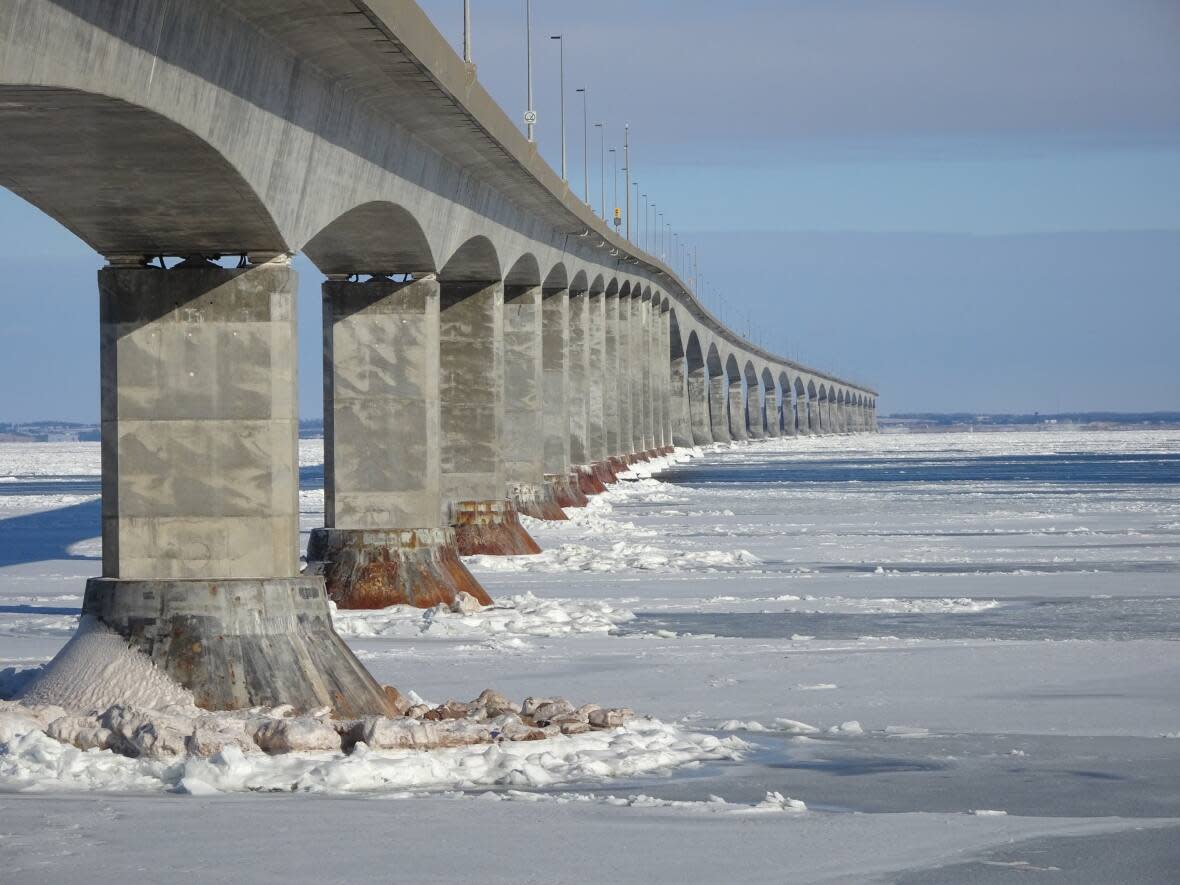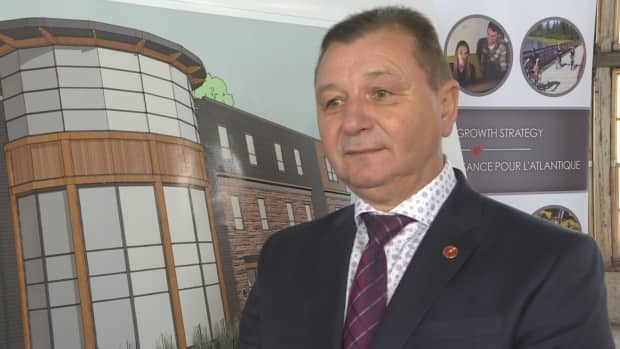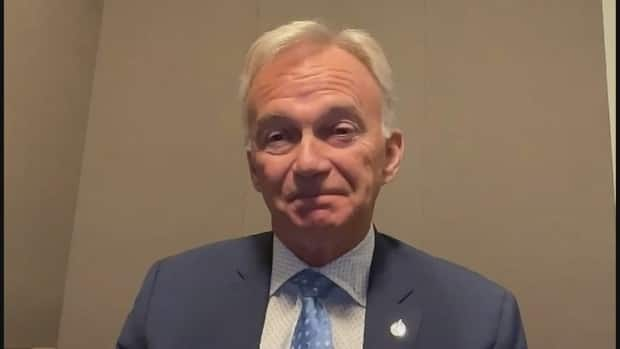Renaming Confederation Bridge as Epekwitk Crossing: What's the holdup?

Sen. Brian Francis has renewed his call for the federal government to rename Confederation Bridge, an idea that received unanimous support from the P.E.I. Legislature almost two years ago.
In a letter sent to Prime Minister Justin Trudeau and Public Services Minister Jean-Yves Duclos earlier this month, Francis outlined again his arguments for renaming the massive toll bridge as Epekwitk Crossing.
The letter to Trudeau was cosigned by all four P.E.I. senators, as well as seven senators and MP Jenica Atwin from New Brunswick.
"We just need to get on with it," said Francis, a member of Lennox Island First Nation. "There is certainly wide support and we just need to act on it now. The time has come in the spirit of true and meaningful reconciliation."

The federal government is in charge of the 12.9-kilometre bridge because it forms part of the TransCanada Highway, linking Prince Edward Island and New Brunswick.
Epekwitk (pronounced ehb-uh-gwihd) is the name given to P.E.I. by the Mi'kmaq, the Indigenous people who call the Island home. It means "something lying on the water."
In the letter, Francis notes that the committee established to recommend names for the Northumberland Strait project in the 1990s picked Abegweit Crossing. Francis's suggestion simply updates that name with the original Mi'kmaq spelling rather than the anglicized version.
Instead of running with the first pick of the committee, the federal government at the time went with the second choice of Confederation Bridge. It opened to traffic in May 1997, replacing a year-round ferry service between the two provinces.
Reverting to the original suggestion, which recognizes the continuing presence of the Mi'kmaq in the region, would serve as a positive response to both Canada's Truth and Reconciliation Commission and the United Nations Declaration on the Rights of Indigenous Peoples, said Francis.
Francis believes it is within Duclos's power to change the name by his own decision, and it is unclear what steps, if any, have been taken toward making the change.
'A long and winding road'
Charlottetown MP Sean Casey says he is not surprised by either Francis's continued advocacy on the issue, or the slow government response.
"Everything in the government is a long and winding road," said the Liberal MP.

He said he heard from staff in the Prime Minister's Office and at Public Services and Procurement Canada in 2022, after the Legislative Assembly of Prince Edward Island voted unanimously to support the name change.
"My advice back to the people around the prime minister and the minister was this would be something that was well received on P.E.I.," said Casey.
But he has not heard anything since. He notes Duclos named public services minister only last summer, after the conversations Francis had with members of that department when Dominic LeBlanc was in charge.
Casey said he has not personally researched what would be required to enact a name change, but he accepts what Francis says about the minister being able to do it on his own. As far as public consultation goes, given the unanimous support of the legislature and wide support among local MPs and senators, Casey does not think hearings are necessary.
"I don't know what else they want to hear," he said.
At the time of the P.E.I. legislature vote, Lawrence MacAulay, the province's representative in the federal cabinet, called it an "important and worthwhile proposal," adding: "We recognize the importance of local Indigenous language and culture and as a government are committed to reconciliation."
Late Tuesday afternoon, Public Works and Procurement Canada sent a short statement to CBC News, saying: "We continue to review the motion passed in the Prince Edward Island legislature and there is no timetable for a decision."


